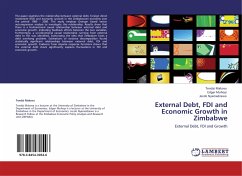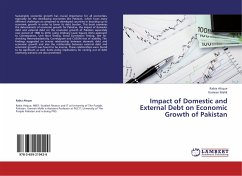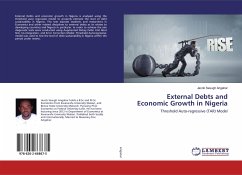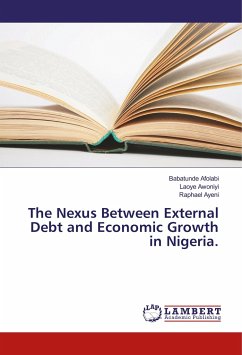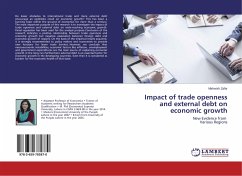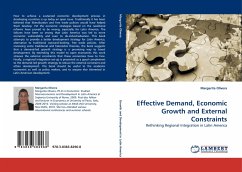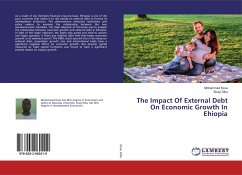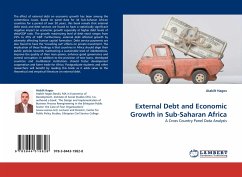The paper examines the relationship between external debt, foreign direct investment (FDI) and economic growth in the Zimbabwean economy over the period 1980 - 2006. The study employs Granger based vector autoregression analysis to investigate this relationship. Results show that there is a bi-directional causal relationship between external debt and economic growth, indicating feedback effects between the two variables. Furthermore, a uni-directional causal relationship running from external debt to FDI was identified, buttressing the idea that Zimbabwe faces a debt overhang problem. Estimations of variance decomposition found statistically significant relationships between external debt, FDI and economic growth. Evidence from impulse response functions shows that the external debt shock significantly explains fluctuations in FDI and economic growth.
Bitte wählen Sie Ihr Anliegen aus.
Rechnungen
Retourenschein anfordern
Bestellstatus
Storno

